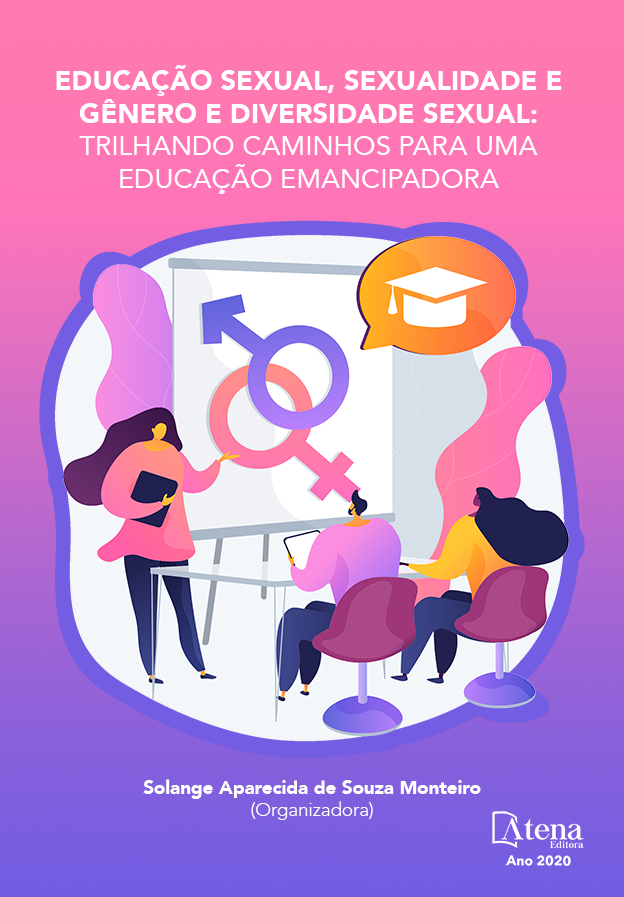
EDUCAÇÃO SEXUAL, SEXUALIDADE, GÊNERO E DIVERSIDADE SEXUAL: ESTERIÓTIPOS E PRECONCEITOS
O presente artigo tem como objetivo principal discutir e analisar os mecanismos de excludente que perpassam as relações de gênero e a diversidade sexual na educação. O método da pesquisa documental e bibliográfica. A partir da escolha metodológica foi realizada uma discussão acerca do conceito de preconceito e gênero como categoria histórica e social e o papel da educação na desconstrução de estereótipos e preconceitos que permeiam essas relações. Também se realizou um levantamento no banco de teses e dissertações da Coordenação de Aperfeiçoamento de Pessoal de Nível Superior (CAPES) para se verificar se essas temáticas estavam sendo comtempladas nas pesquisas de pós-graduação. As conclusões do estudo apontam que as instituições escolares são locais ambíguos. Ambíguos porque ao mesmo tempo em que podem construir e/ou reproduzir as hegemonias excludentes presentes na sociedade, elas podem transformá-las. E que apesar de se tratar de um tema complexo e de fundamental importância de um mapeamento bibliográfico concluiu-se que a problemática ainda é pouco pesquisada e trabalhada, o que de certo modo sugere que ainda as questões de identidade, sexualidade e relações de gênero são tratadas como tabus.
EDUCAÇÃO SEXUAL, SEXUALIDADE, GÊNERO E DIVERSIDADE SEXUAL: ESTERIÓTIPOS E PRECONCEITOS
-
DOI: 10.22533/at.ed.2702001121
-
Palavras-chave: Relações de gênero, diversidade sexual, educação.
-
Keywords: Gender relations, sexual diversity, education.
-
Abstract:
This article aims to discuss and analyze the mechanisms of exclusion that permeate gender relations and sexual diversity in education. The method of documentary and bibliographic research. Based on the methodological choice, a discussion was held about the concept of prejudice and gender as a historical and social category and the role of education in deconstructing stereotypes and prejudices that permeate these relationships. A survey was also carried out in the bank of theses and dissertations of the Coordination for the Improvement of Higher Education Personnel (CAPES) to verify whether these themes were being contemplated in graduate research. The study's conclusions point out that school institutions are ambiguous places. Ambiguous because at the same time that they can build and / or reproduce the exclusionary hegemonies present in society, they can transform them. And that despite being a complex topic and of fundamental importance for a bibliographic mapping it was concluded that the issue is still little researched and worked on, which in a way suggests that the issues of identity, sexuality and gender relations are still treated as taboos.
-
Número de páginas: 18
- Débora Cristina Machado Cornélio
- Melissa Camilo
- Débora Fernandez Antonon Silvestre
- Antonio Marcos Vanzeli
- Vaquiria Nicola Bandeira
- Fabricio Augusto Correa da Silva
- Célio Marcos Colombro Molteni
- Silmário Batista dos Santos
- SOLANGE APARECIDA DE SOUZA MONTEIRO


